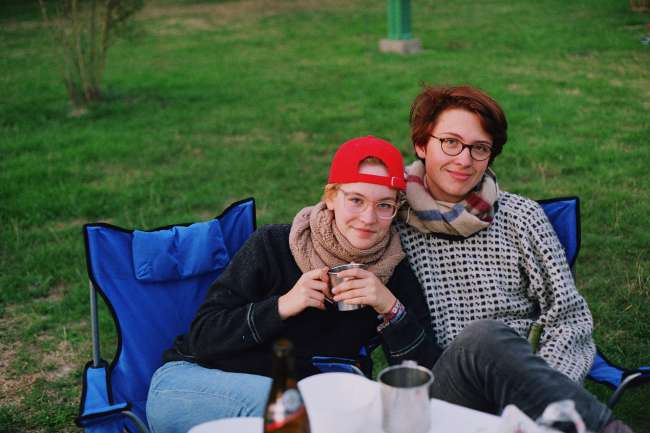Chapter 6: France
Birt: 01.03.2017
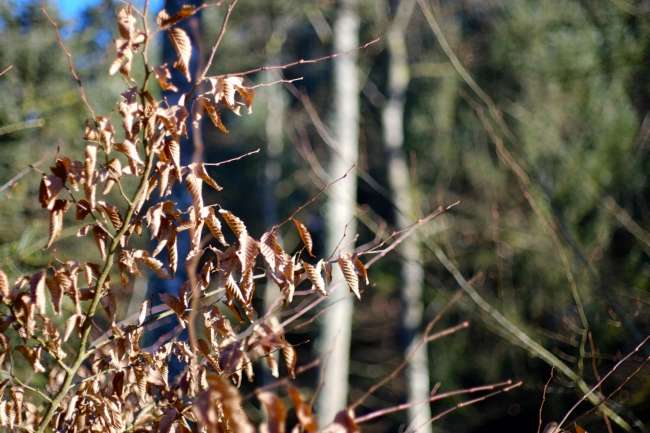
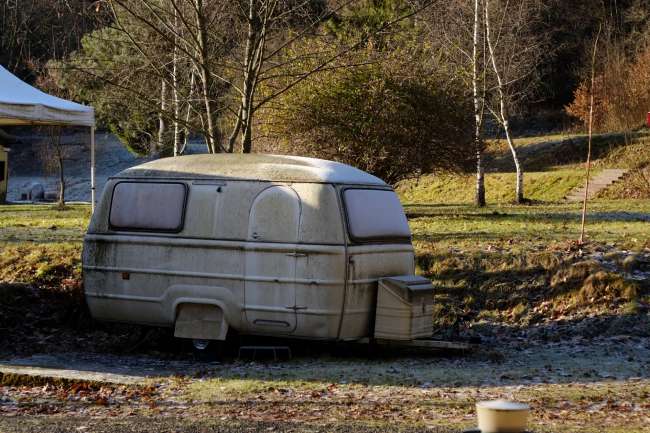
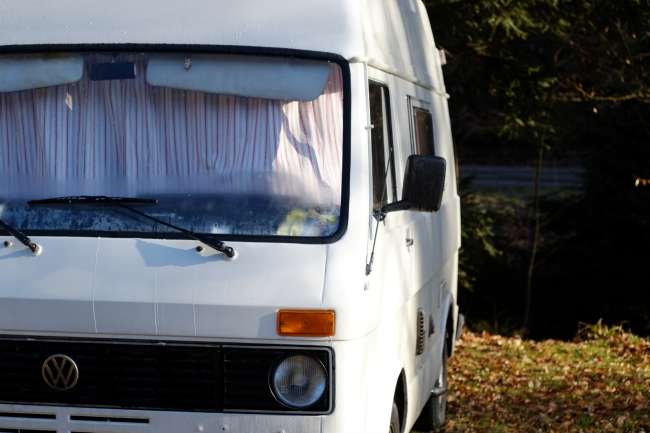
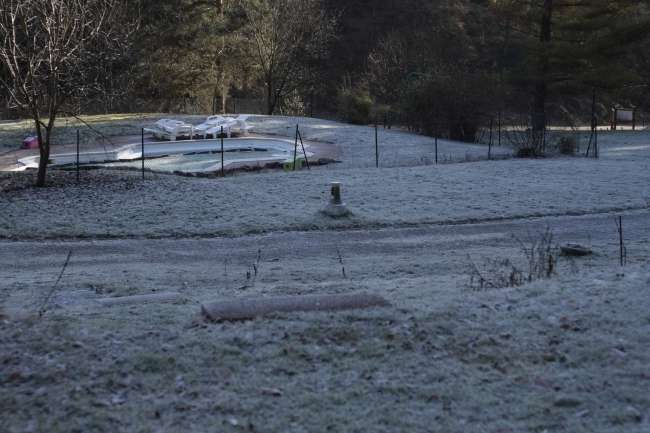
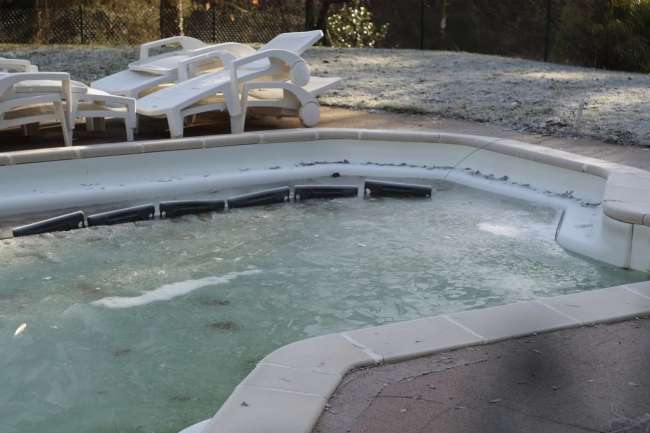
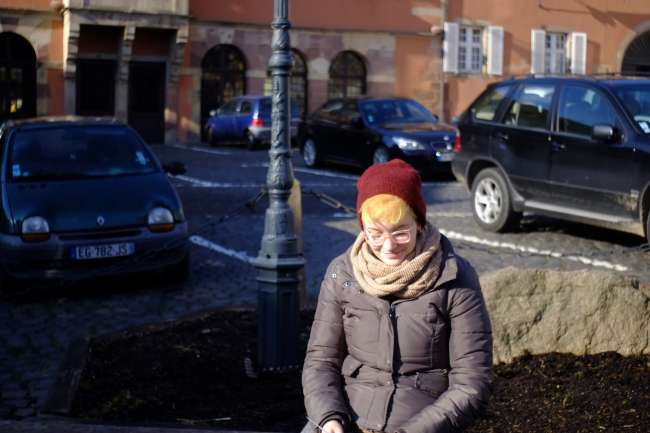
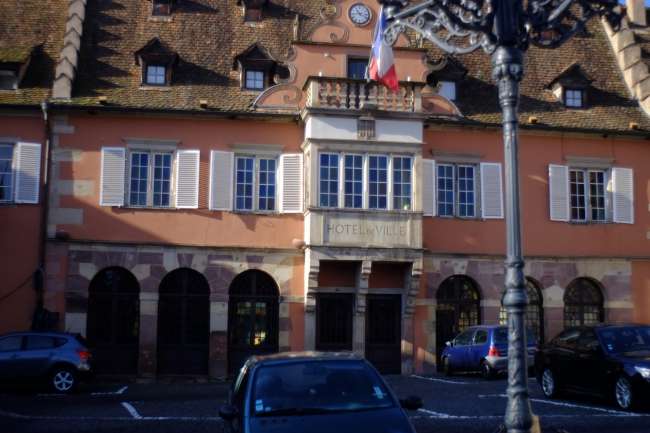
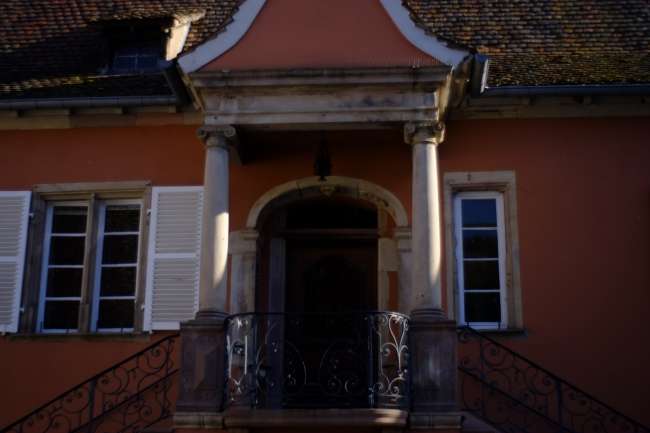
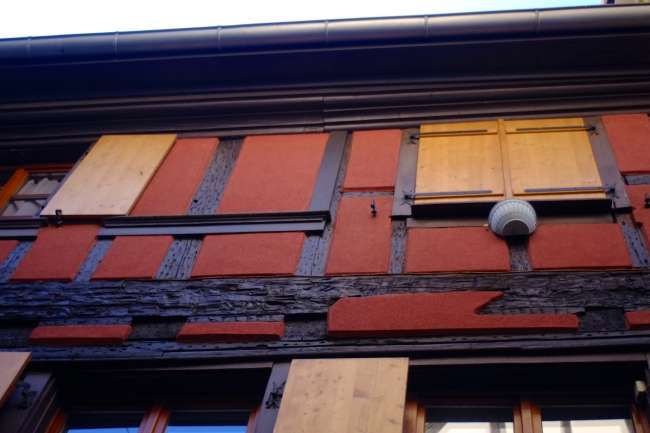
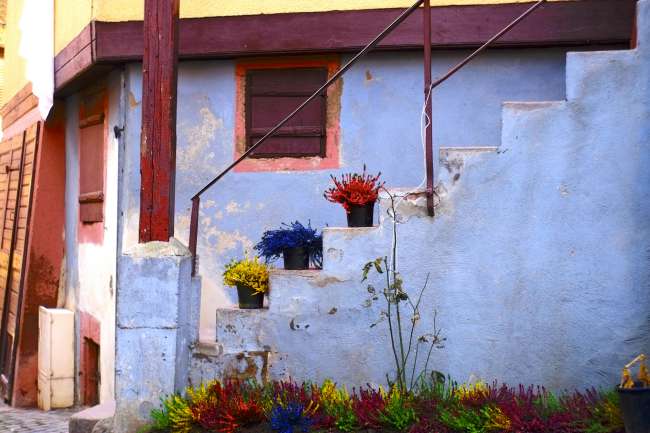
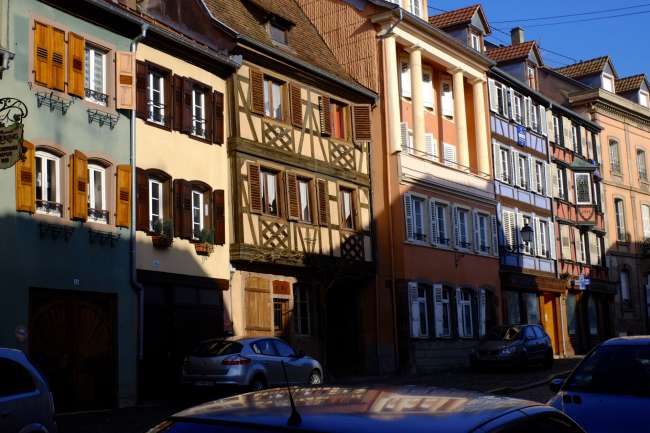
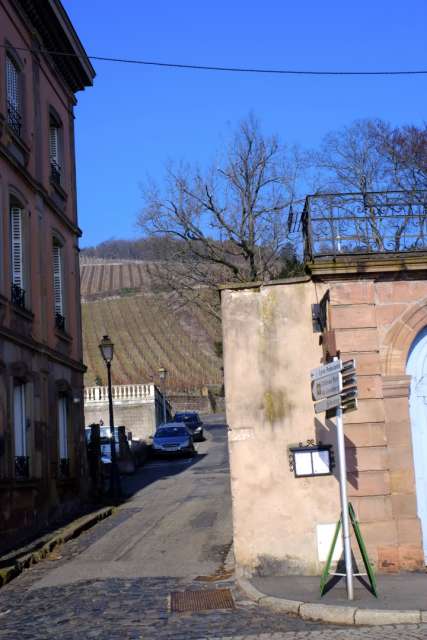
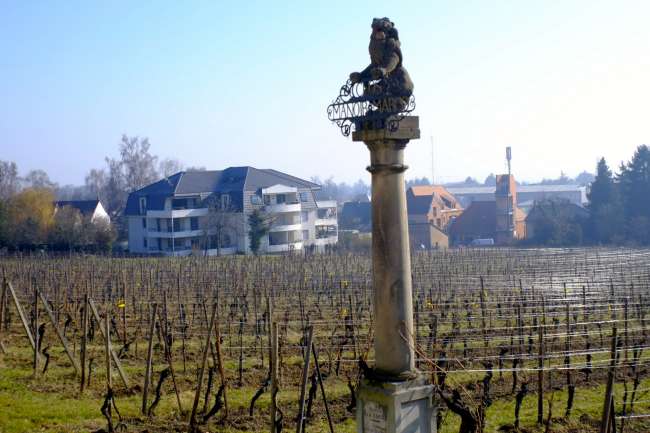
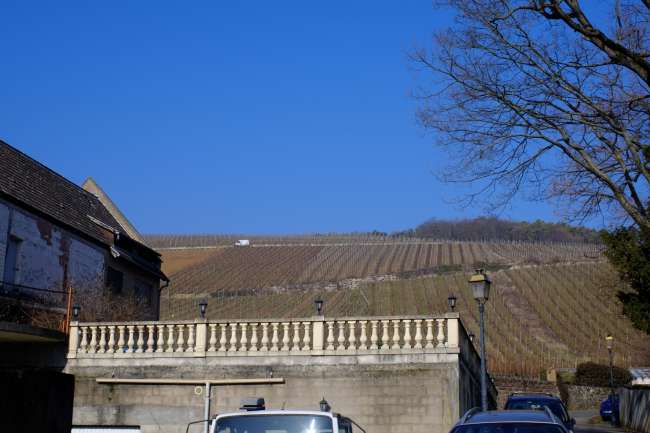
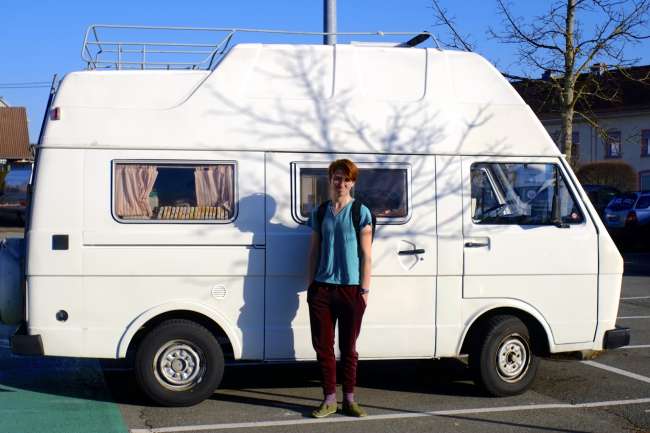
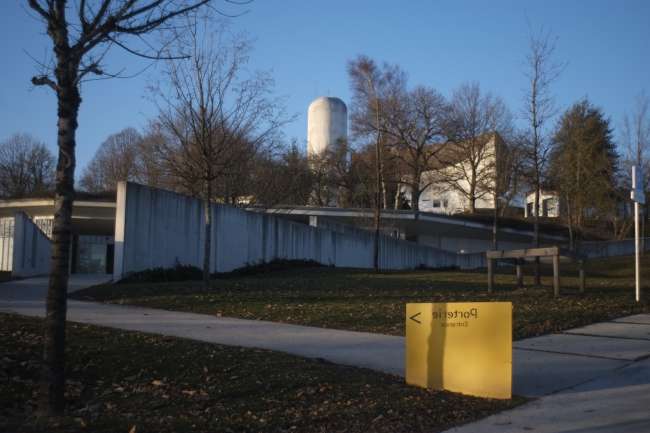
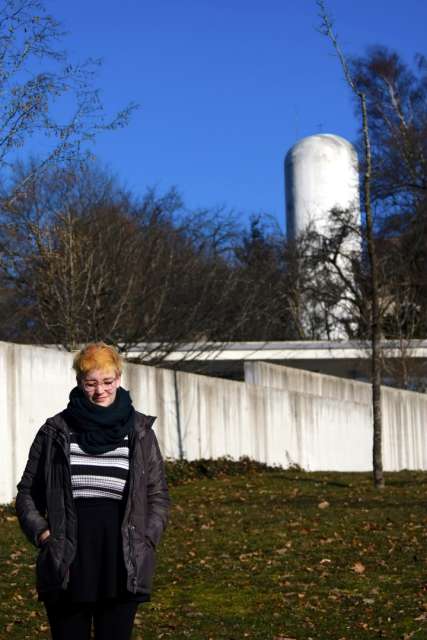
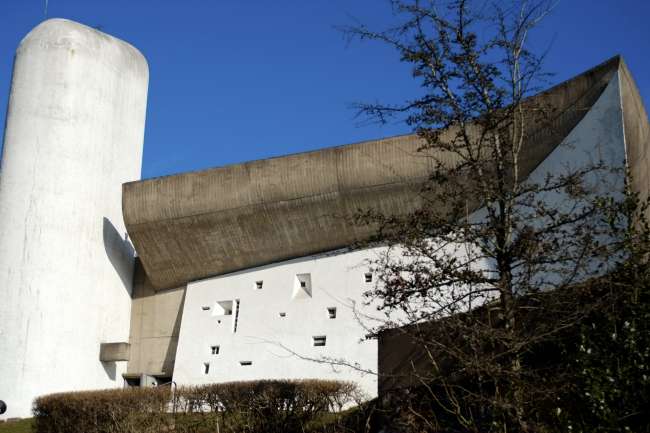
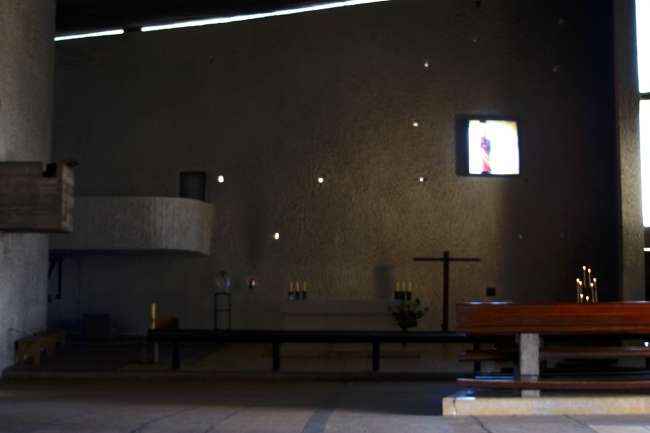
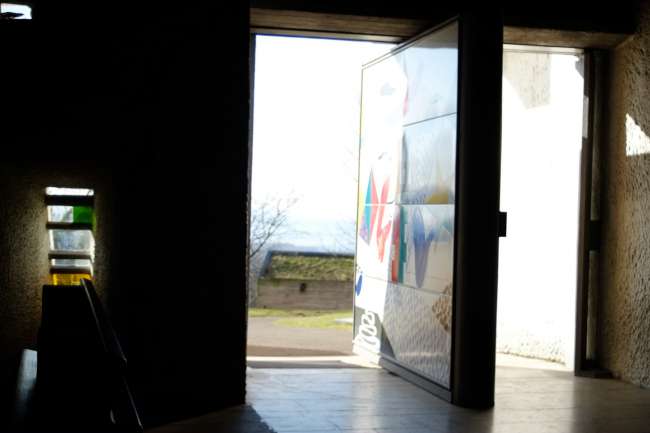
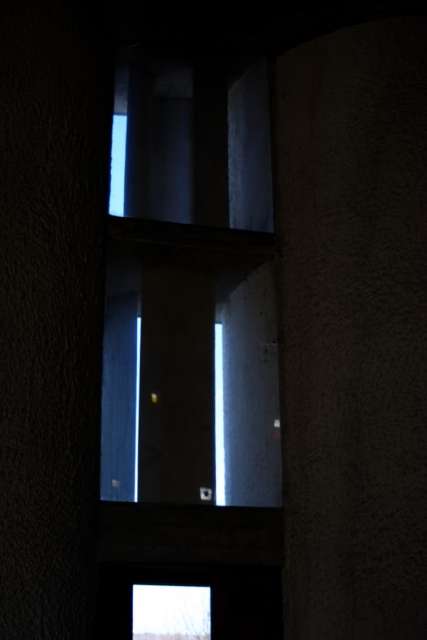
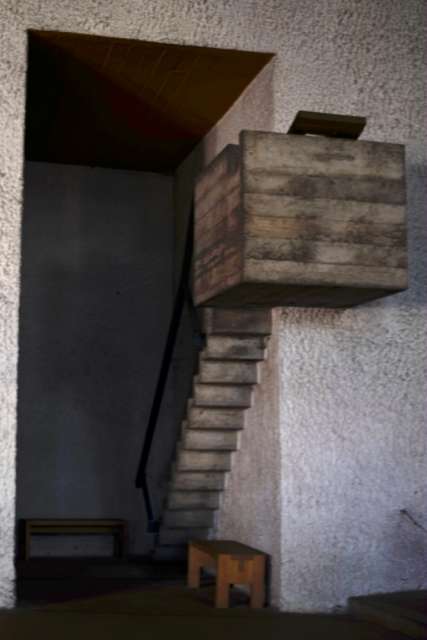
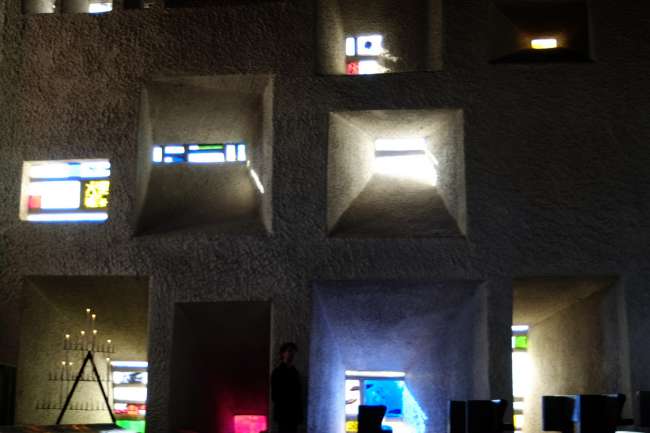
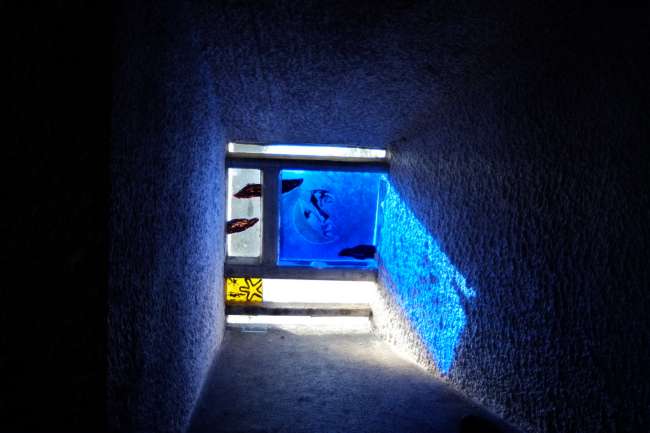
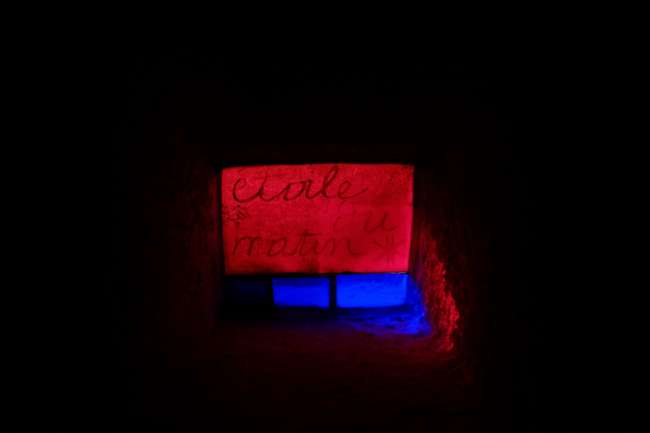
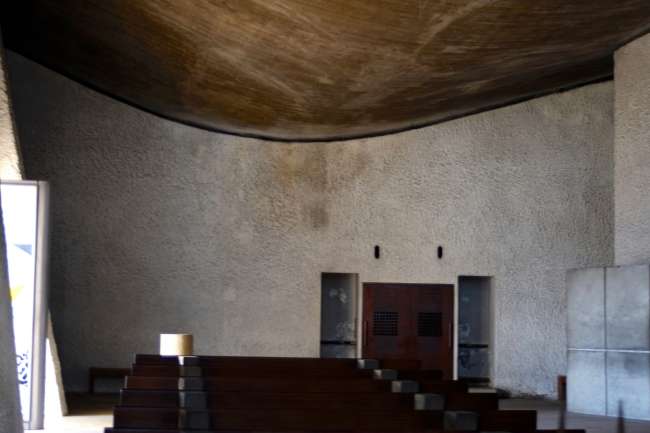
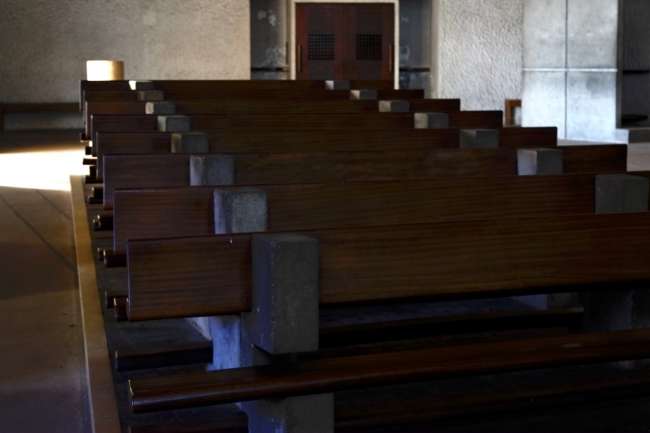
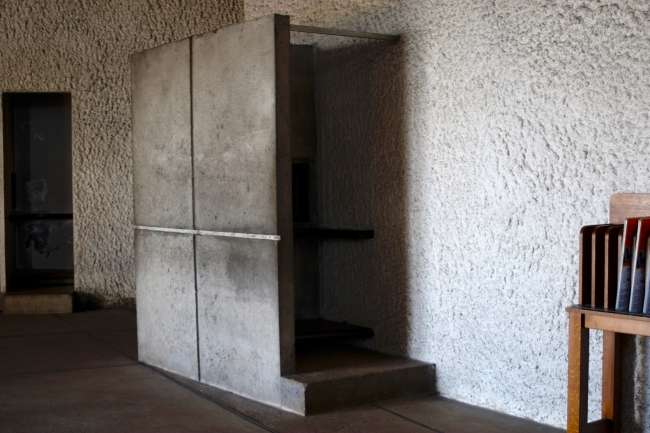
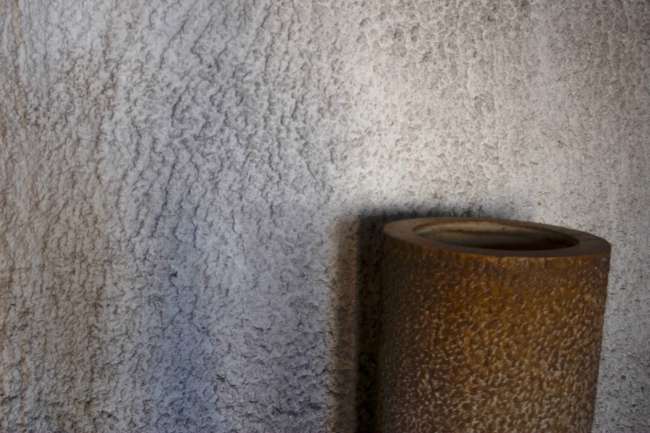
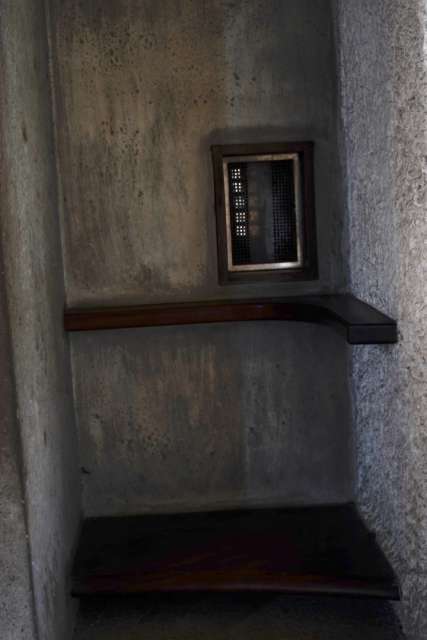
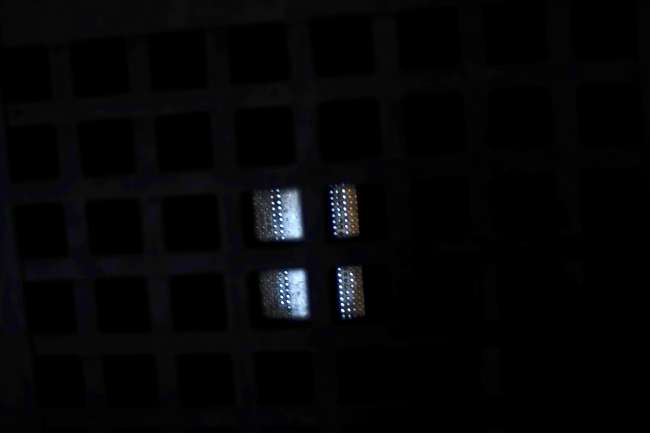
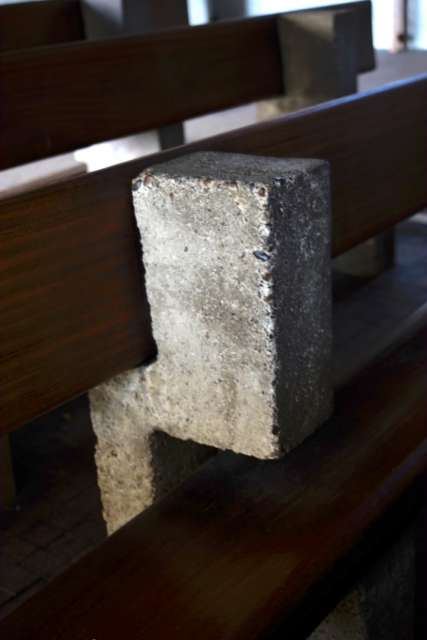
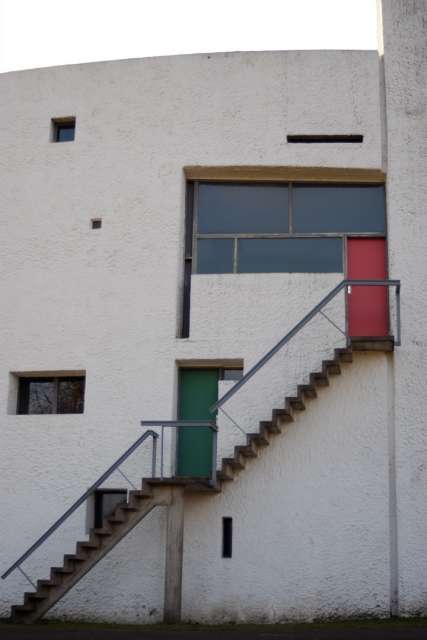
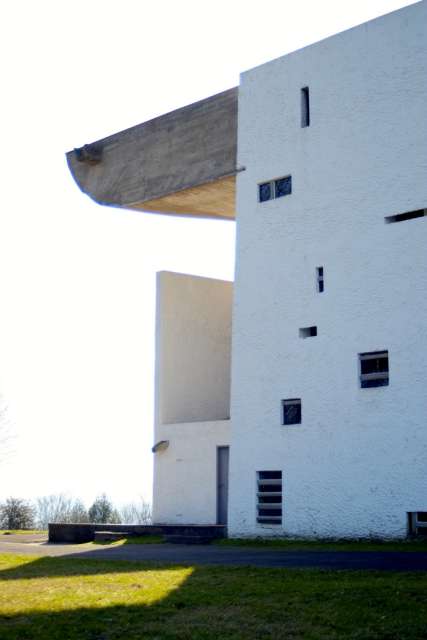
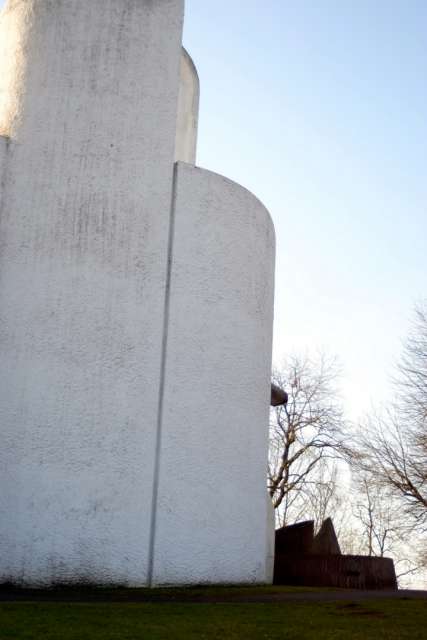
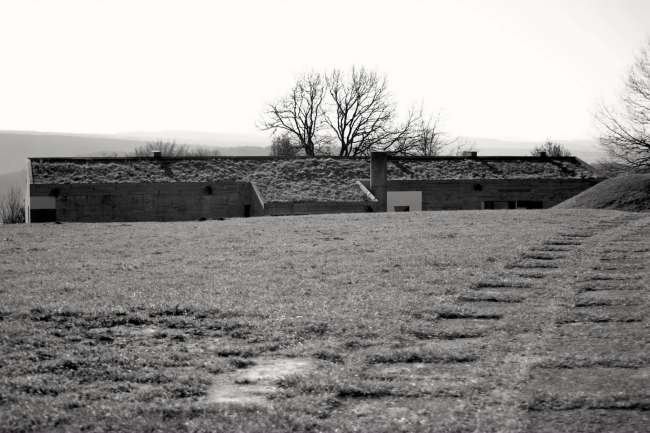
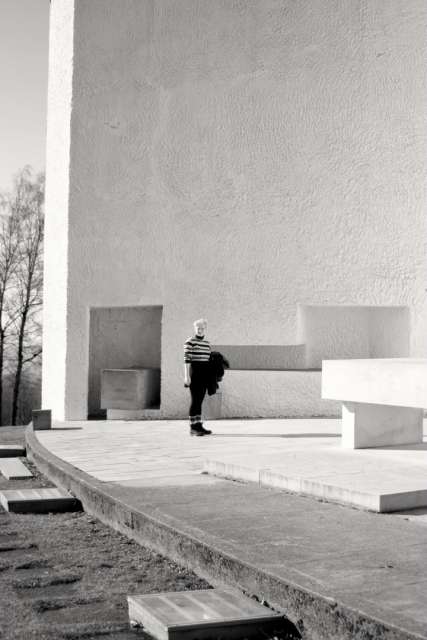
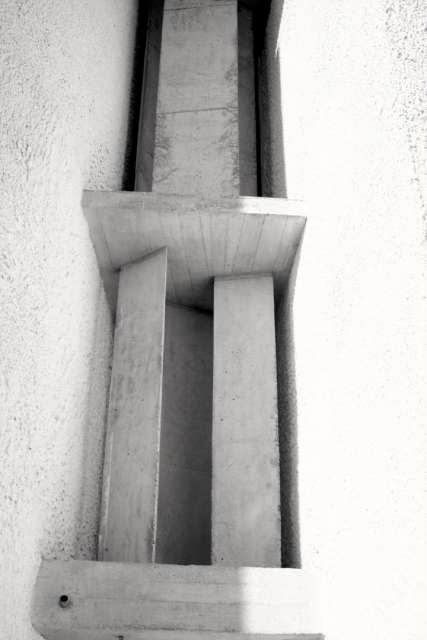
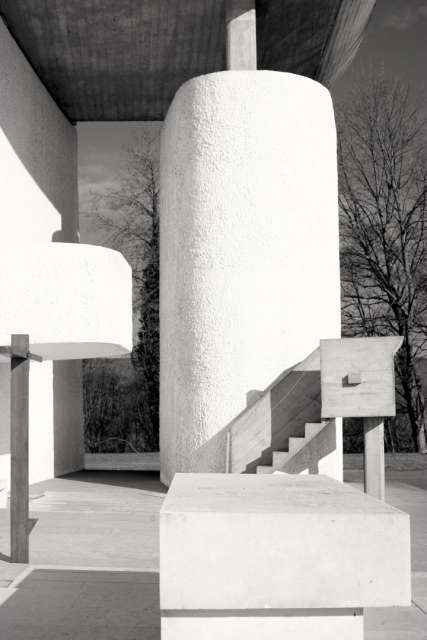
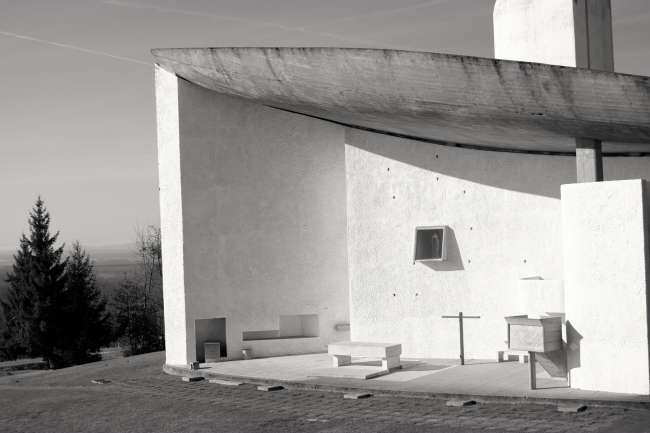
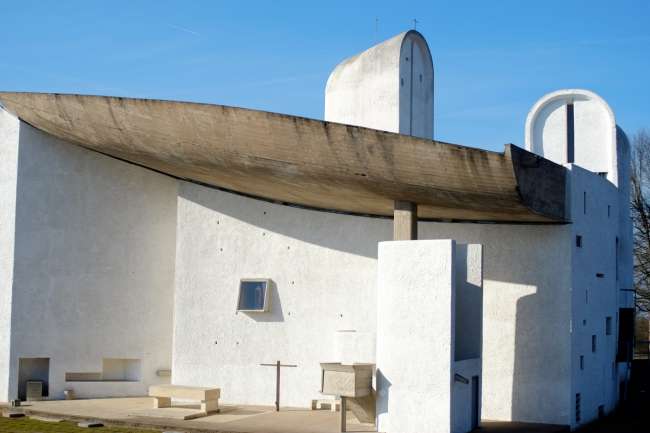
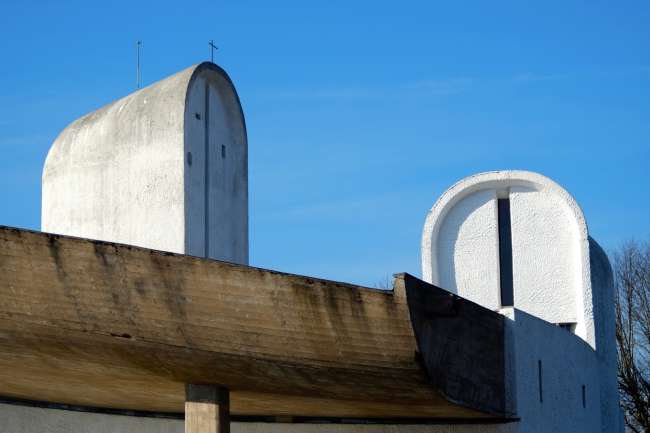
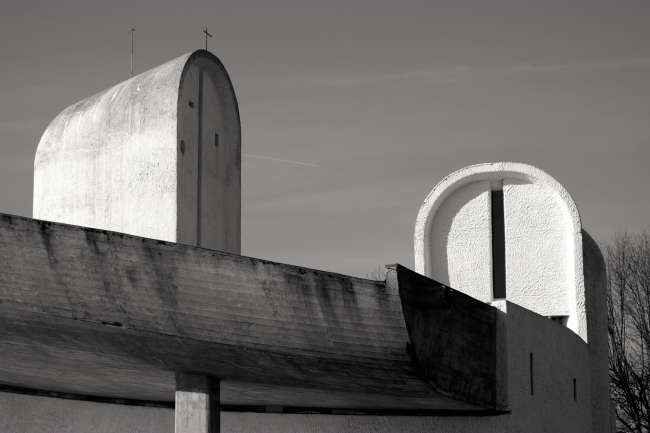
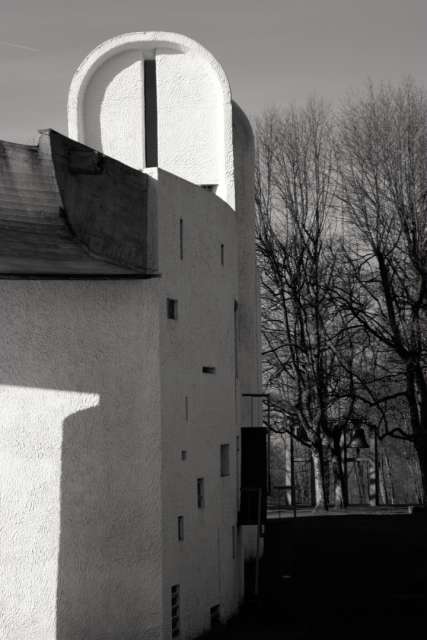
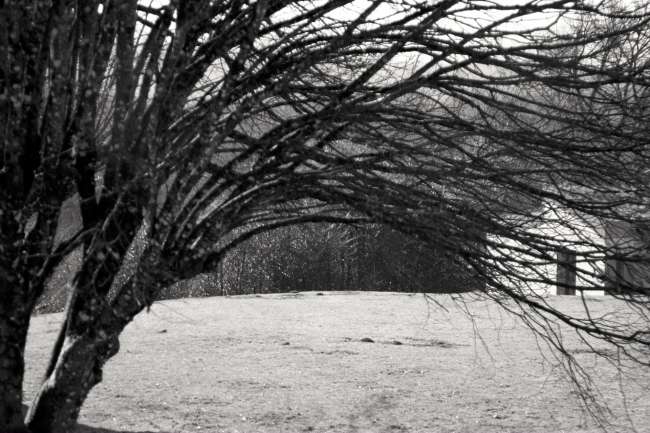
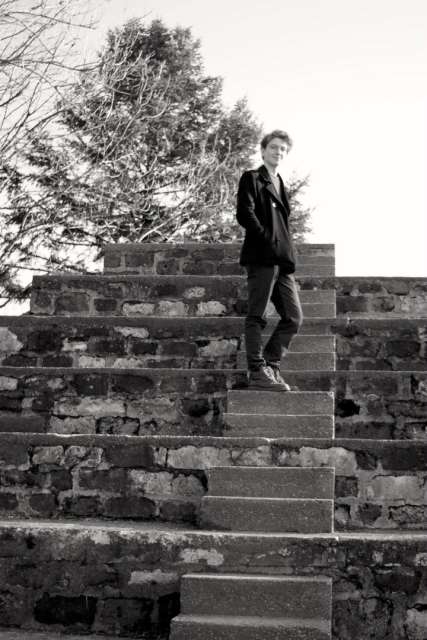
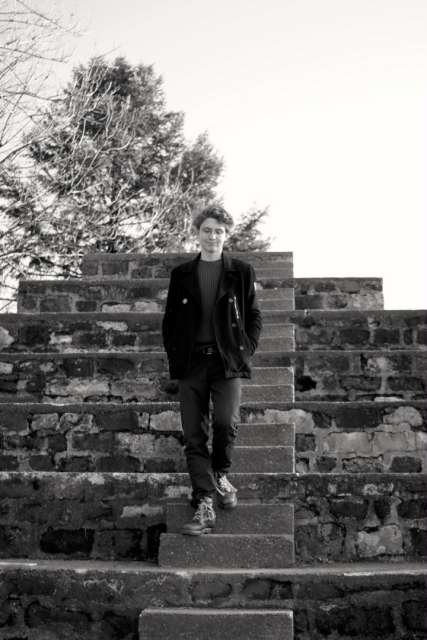
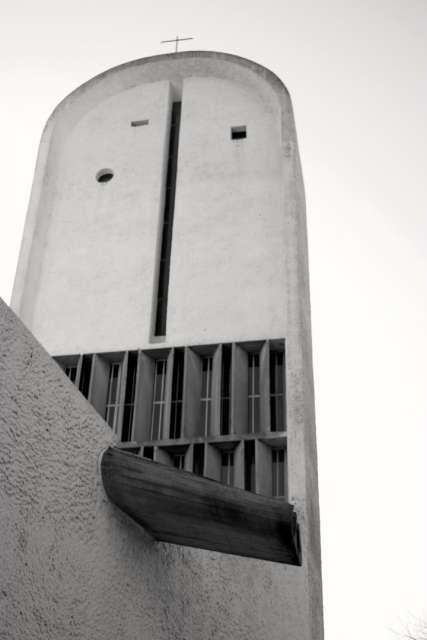
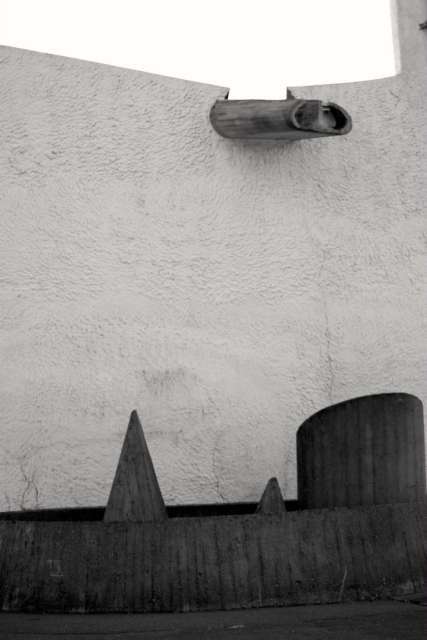
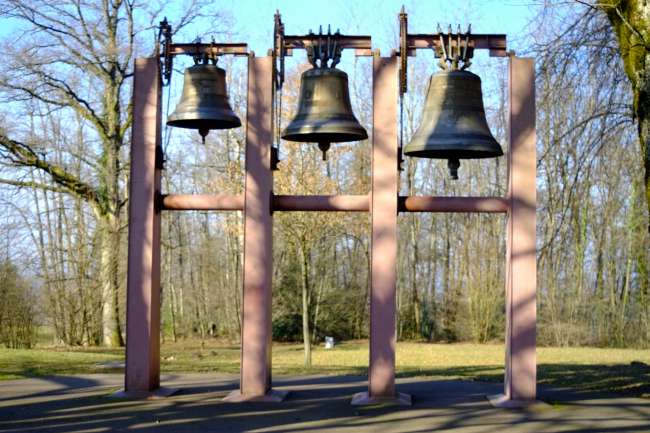
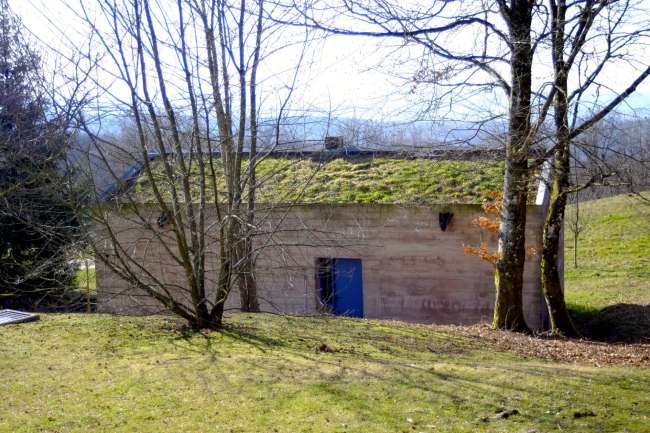
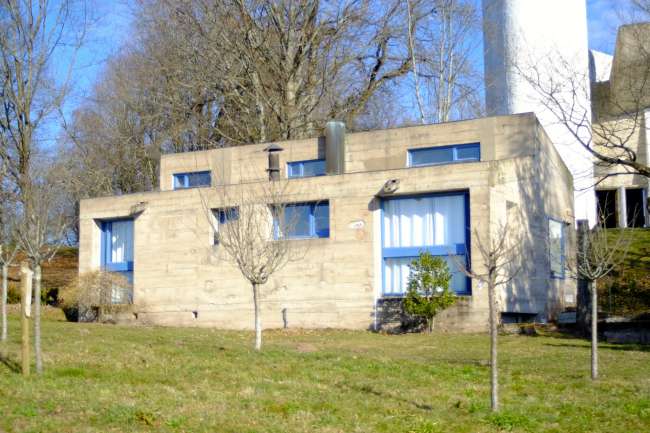
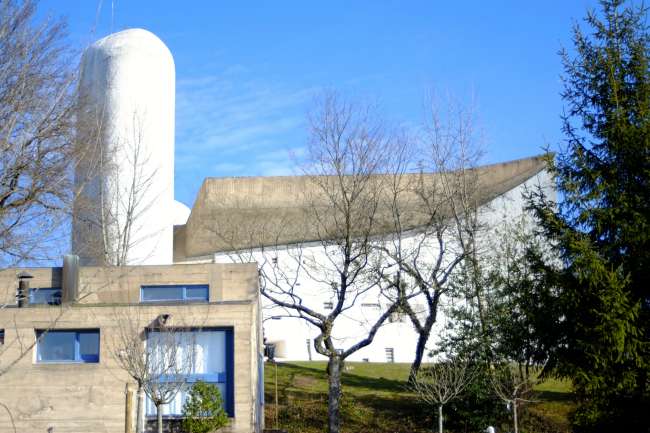
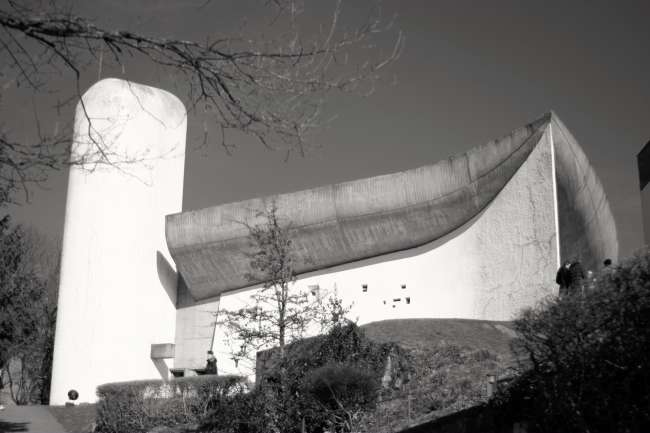
Gerast áskrifandi að fréttabréfi
Thursday, February 16, 2017
Good morning! We greet you from the concrete parking lot of a church, 430 meters above sea level...
"Nothing special," you might think. But this church is more than special! But more on that later.
First, let me tell you about our first day with Rosti in France.
We set off in the Black Forest around 5:30 p.m. and reached our destination near the Alsatian city of Barr around 9 p.m. Well, at least we reached the road where the campsite should be. Only, we had already driven kilometers up the mountain, leaving all signs of civilization behind, and still didn't see any trace of a campsite... Had it maybe closed years ago and all the websites were no longer up to date??? Only after more kilometers uphill did the (almost) empty place appear out of the darkness, and we drove through the open barrier with relief.
Then we prepared for the night (by turning on two heaters to the highest level). So, the first real night in Rosti was cozy warm. However, we slept a bit restlessly because outside, nature was holding a concert. What we later took for the barking and hissing of a fox sounded more like the screams of a kidnapped child (or something) in that fearful moment. But in the end, we still slept well and were even more delighted by the frost-covered landscape the next morning.
At around 10, we set off for the city center of Barr, which was adorned with beautiful half-timbered houses. Like most people in Alsace, the friendly staff at the Office de Tourisme spoke German and recommended the small city tour (see picture). Our actual city tour was even smaller, but we saw the vineyards of Folie Marco, which are unique in Alsace and located in the heart of the city. Of course, we also had to take a corresponding white wine with us, which we saved for a special occasion.
Now, let's move on to the second half of yesterday, our trip to the aforementioned church. The weather, in short, was fantastic (for February). Eighteen degrees in some places! After the long winter we've had, it was a well-deserved reward. David and I immediately changed into our summer clothes when we stopped at a supermarket in Belfort. It did get cold again after a while, but for the feeling alone, it was worth it.
However, due to this long break, we only arrived at the church at 5 p.m., after Rosti had to drag itself up a hill again at around 20 km/h. And, of course, the last admission was at 4:30 p.m.
At this point, I probably have to explain to you what is so special about this church. Its name is 'Notre-Dame du Haut' and its builder is the famous French architect Charles-Édouard Jeanneret, better known as Le Corbusier.
In case some of you are still not getting excited: Corbusier is known for his brutalist architecture and his love for concrete. So, basically David's idol (at least in the field of architecture).
But since we were late to visit the church, we simply set up our overnight camp on the parking lot. We had a beautiful view of the city of Ronchamp and the starry sky. And the next morning, we were the first visitors to the church and the first users of the Wi-Fi in the reception building.
So, here are a few thoughts about the church from David:
The church is almost entirely made of concrete, some parts are bare concrete, others are colored plastered. Although the church is not a typical church, you are immediately captivated by the aura of the place, which directs you through the nave and to the small prayer niches. The church is, unlike most we know, actually built on a concept of humility and not primarily for representation. This means: no heating, hardly any artificial light, uncomfortable benches... The focus of the church is therefore on its humble use as a place of prayer and it takes a back seat. This doesn't mean that it is not elegant or architecturally clever. Round shapes and hardly any right angles/straight lines make the building appear homogeneous. Those who did not like concrete before entering the church will probably be somewhat enlightened by it... If not by the church itself, then by the two residential buildings (one for the pastor, one for pilgrims) that surround the church on the hillside, showing that Corbusier also knew how to do that.
And then there is the monastery 'Saint-Claire', built in 2011 by the architect of 'The Shard' in London, which combines brutalism liberally with contemporary architecture, integrated into the slopes of the hill.
He could tell you much more about it, so if you want to hear it, give us a call or write us a comment or an email. Otherwise, I will now move on to the pictures so that you can get a better idea of it all.
Enjoy and see you soon,
David, Lotti, and Rosti
Gerast áskrifandi að fréttabréfi
Svaraðu
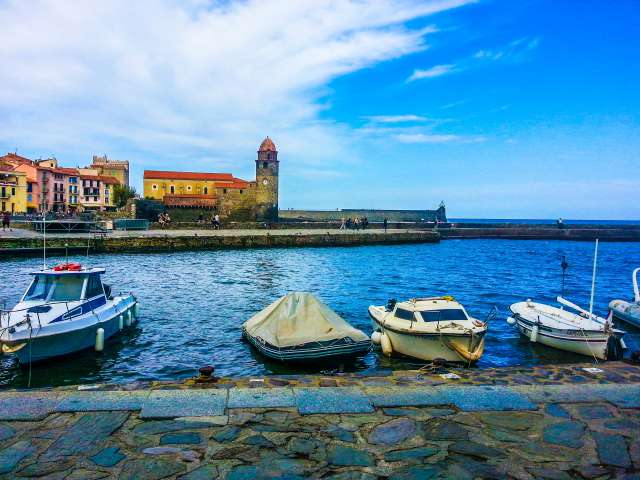
Ferðaskýrslur Frakklandi

